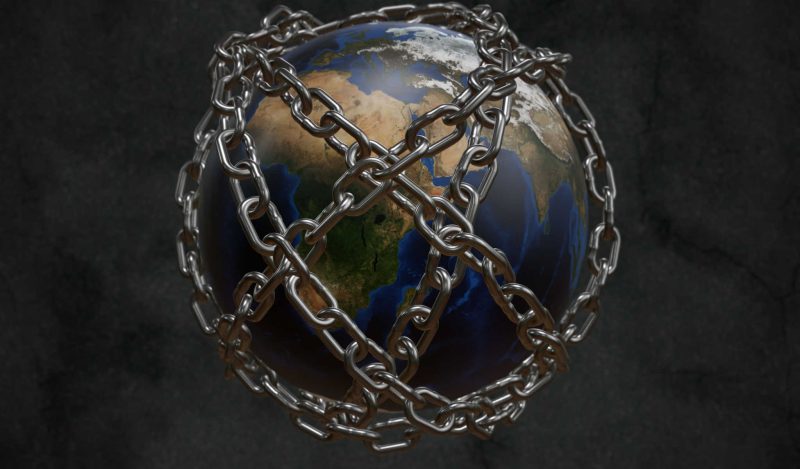The sinking ship of the mandate enthusiasts took on more water last month with the publication of a powerhouse paper by some of the world’s top bioethicists (from Oxford, Harvard, Johns Hopkins, and Toronto).
Drawing on Centers for Disease Control and Prevention and sponsor-reported adverse event data, the authors claim that booster mandates at universities are wrong because expected net harms for this age group significantly outweigh public health benefits. The authors estimate, for example, that 22,000 to 30,000 previously uninfected adults aged 18 to 29 must be boosted with an mRNA vaccine to prevent one COVID-19 hospitalization. And the cost of preventing that single hospitalization is an anticipated 18 to 98 serious adverse events.
This paper is the evidential manna-from-heaven that those fighting the mandates have been praying for. Thank goodness it came along when it did to undercut the intoxicating public health message that the mRNA vaccines are the only way to save the human race from COVID-19.
But, with all its strengths, I worry that the paper misses the larger point about why vaccine mandates are wrong. It’s still playing at the collectivist cost-benefit game, a morally flawed one with rules that normatively privilege the group over the individual and assign no absolute value to the right of self-governance.
Playing skillfully at the collectivist’s game is just another form of defeat.
Enthusiasts often say that mandates are justified because they prevent actual harm to others while posing either no harm to the individual or only a small risk of harm (from possible side effects, which they take to be negligible by comparison). Weighing the risk of harm against actual harm always yields a net benefit, and therefore obligation, to vaccinate.
But this isn’t true. Being vaccinated under duress or due to coercion constitutes not just a risk of harm but actual harm to one’s bodily autonomy and therefore to personhood.
There’s nothing more defining of human life, and nothing so essential for making life worth living, as our capacity for rational agency, which is as valuable as life itself. Bodily autonomy—the right to governance over one’s own body—isn’t a mere “nice-to-have;” it’s the rational expression of the capacities that make us who and what we are.
As Australian ethicist Michael Kowalik writes (pdf), “Agent-autonomy with respect to self-constitution has absolute normative priority over reduction or elimination of the associated risks to life.”
The person who is vaccinated against her better judgment doesn’t just risk the harm of side effects; she suffers actual and enduring harm to the capacities that make human life possible.
Why don’t mandate enthusiasts see this?
Because the only measure of integrity we understand in our science-obsessed culture is physical integrity: the functional unity of our physical bodies. Our culture understands how viruses wreak havoc in the body but not how moral injury wreaks havoc in the soul. And so we leave no room for the assignment of disvalue to assaults on personal autonomy and integrity.
We don’t need to wait to find out how the cost-benefit balance sheet will look this fall or in 2023 or …. Vaccine mandates are wrong now. They were wrong early in 2021. And they will be wrong at any point in the future when epidemiological or cultural shifts cause us to circle around to this issue again.
Vaccine mandates are wrong not because they fail to generate a net benefit or because the risks to vaccinated persons outweigh public health benefits (though both are true).
They are wrong because they trample on the very thing the noblest version of a liberal democratic society should be trying to create. If our society is to be great, it must aspire to more than safety or, more accurately, the perception of safety. Its starting point must be an absolute commitment to creating the largest sphere possible for each person to live with bodily and mental integrity.
We don’t owe our lives to reduce others’ risks or perceived risks. Because the cost is always too great. The cost is our humanity.
Republished from Epoch.
Join the conversation:

Published under a Creative Commons Attribution 4.0 International License
For reprints, please set the canonical link back to the original Brownstone Institute Article and Author.









